Spotted
Recent articles
New insights on sex bias in autism, and more
Here is a roundup of autism-related news and research spotted around the web for the week of 16 February.

New insights on sex bias in autism, and more
Here is a roundup of autism-related news and research spotted around the web for the week of 16 February.
Interneurons’ role in epilepsy, and more
Here is a roundup of autism-related news and research spotted around the web for the week of 9 February.

Interneurons’ role in epilepsy, and more
Here is a roundup of autism-related news and research spotted around the web for the week of 9 February.
Pangenomic approaches to the genetics of autism, and more
Here is a roundup of autism-related news and research spotted around the web for the week of 2 February.
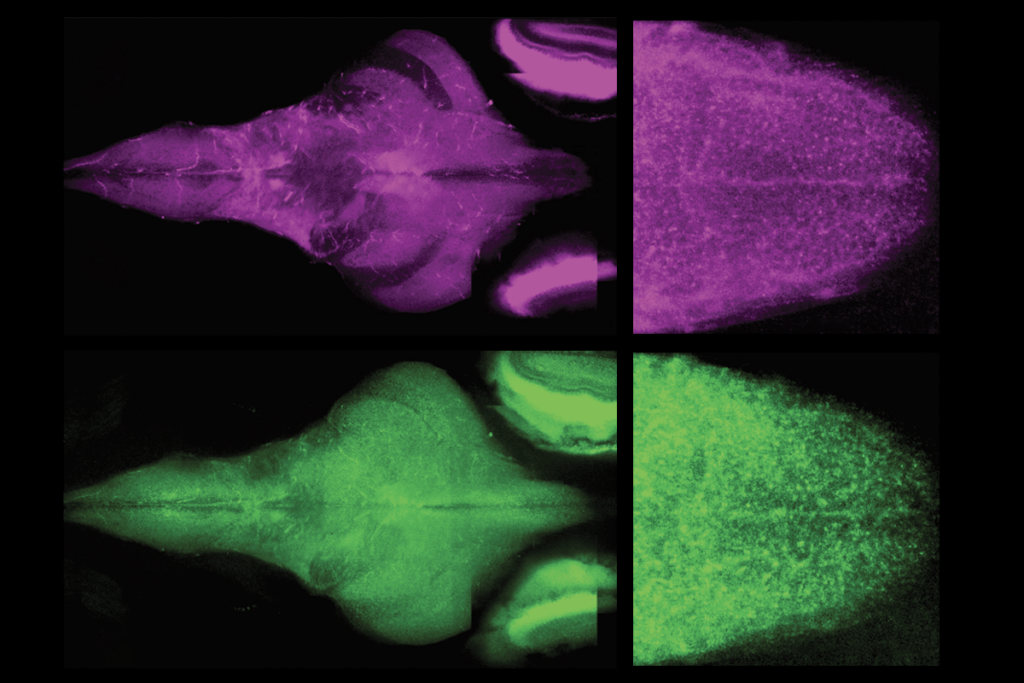
Pangenomic approaches to the genetics of autism, and more
Here is a roundup of autism-related news and research spotted around the web for the week of 2 February.
FDA website no longer warns against bogus autism therapies, and more
Here is a roundup of autism-related news and research spotted around the web for the week of 26 January.
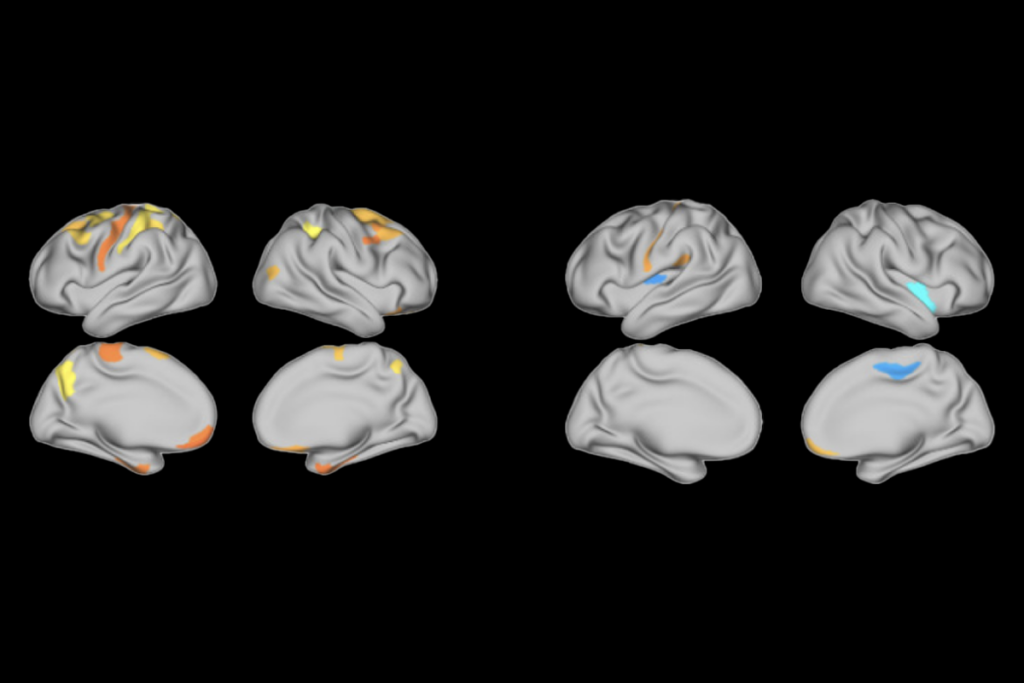
FDA website no longer warns against bogus autism therapies, and more
Here is a roundup of autism-related news and research spotted around the web for the week of 26 January.
Sensory profiles in autism, and more
Here is a roundup of autism-related news and research spotted around the web for the week of 19 January.
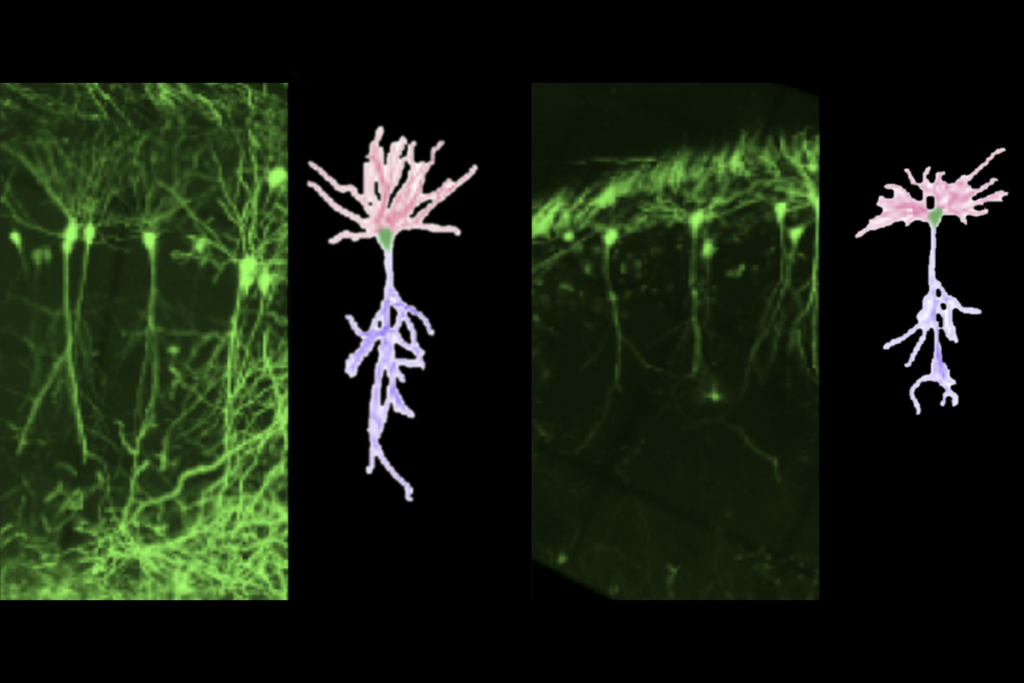
Sensory profiles in autism, and more
Here is a roundup of autism-related news and research spotted around the web for the week of 19 January.
Alzheimer’s disease and autism; and more
Here is a roundup of autism-related news and research spotted around the web for the week of 12 January.
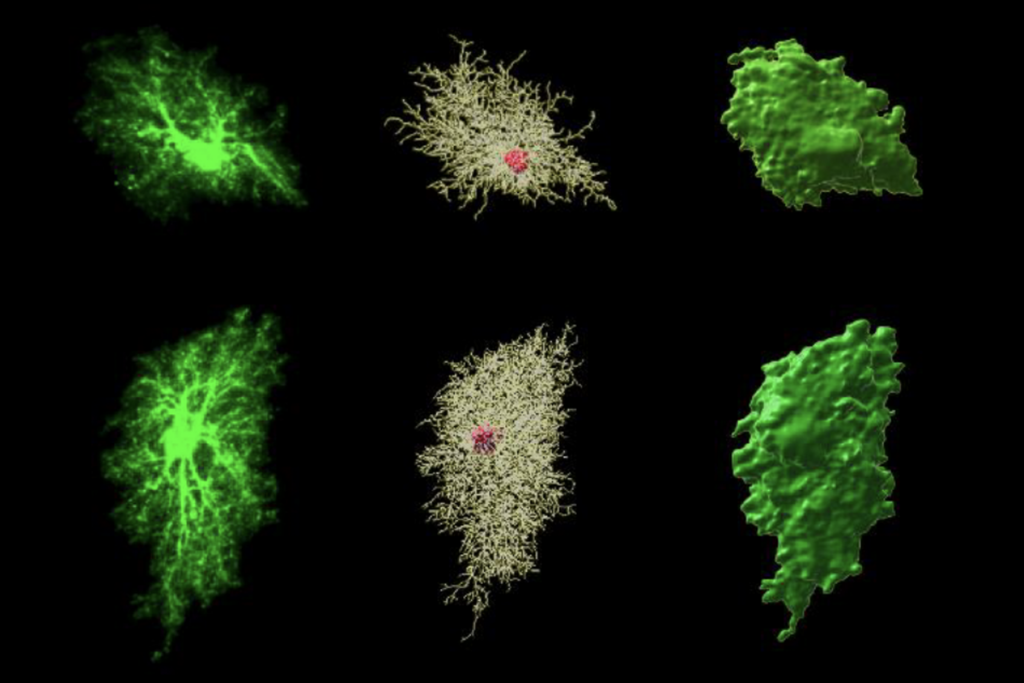
Alzheimer’s disease and autism; and more
Here is a roundup of autism-related news and research spotted around the web for the week of 12 January.
Profiles of neurodevelopmental conditions; and more
Here is a roundup of autism-related news and research spotted around the web for the week of 5 January.

Profiles of neurodevelopmental conditions; and more
Here is a roundup of autism-related news and research spotted around the web for the week of 5 January.
Autism in Kenya, organoid research, and more
Here is a roundup of autism-related news and research spotted around the web for the week of 22 December.

Autism in Kenya, organoid research, and more
Here is a roundup of autism-related news and research spotted around the web for the week of 22 December.
Glutamate receptors, mRNA transcripts and SYNGAP1; and more
Here is a roundup of autism-related news and research spotted around the web for the week of 15 December.

Glutamate receptors, mRNA transcripts and SYNGAP1; and more
Here is a roundup of autism-related news and research spotted around the web for the week of 15 December.
Insights on suicidality and autism; and more
Here is a roundup of autism-related news and research spotted around the web for the week of 8 December.
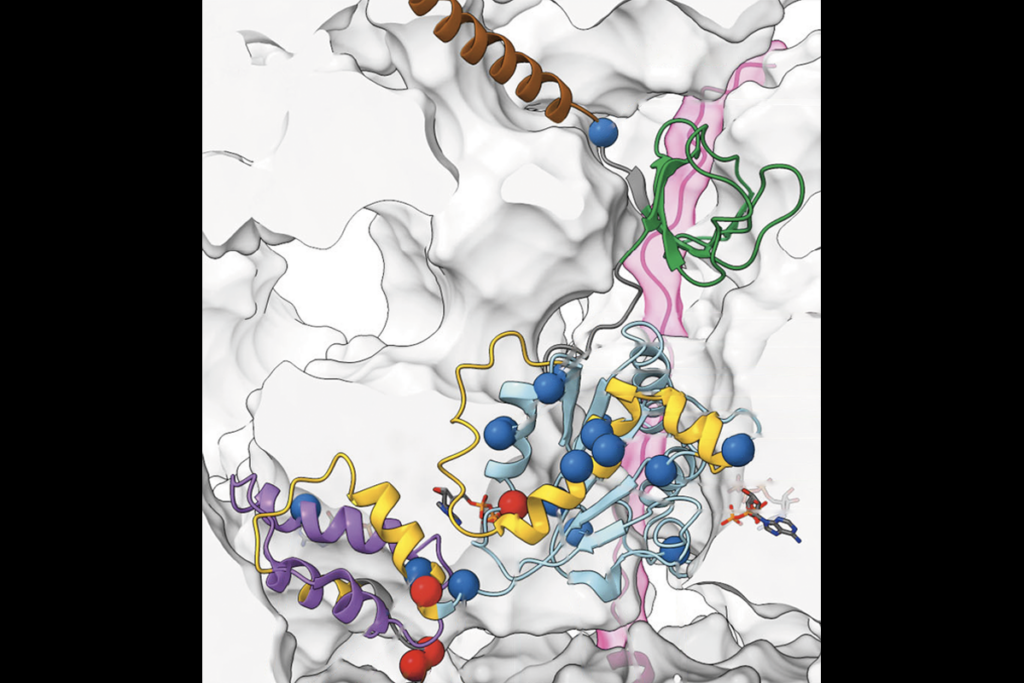
Insights on suicidality and autism; and more
Here is a roundup of autism-related news and research spotted around the web for the week of 8 December.
Explore more from The Transmitter
Frameshift: Raphe Bernier followed his heart out of academia, then made his way back again
After a clinical research career, an interlude at Apple and four months in early retirement, Raphe Bernier found joy in teaching.

Frameshift: Raphe Bernier followed his heart out of academia, then made his way back again
After a clinical research career, an interlude at Apple and four months in early retirement, Raphe Bernier found joy in teaching.
Organoid study reveals shared brain pathways across autism-linked variants
The genetic variants initially affect brain development in unique ways, but over time they converge on common molecular pathways.

Organoid study reveals shared brain pathways across autism-linked variants
The genetic variants initially affect brain development in unique ways, but over time they converge on common molecular pathways.
Single gene sways caregiving circuits, behavior in male mice
Brain levels of the agouti gene determine whether African striped mice are doting fathers—or infanticidal ones.

Single gene sways caregiving circuits, behavior in male mice
Brain levels of the agouti gene determine whether African striped mice are doting fathers—or infanticidal ones.